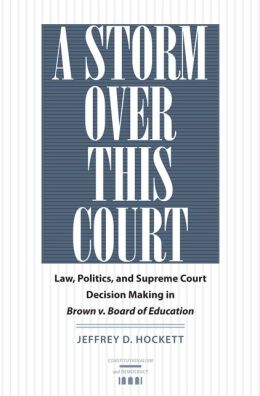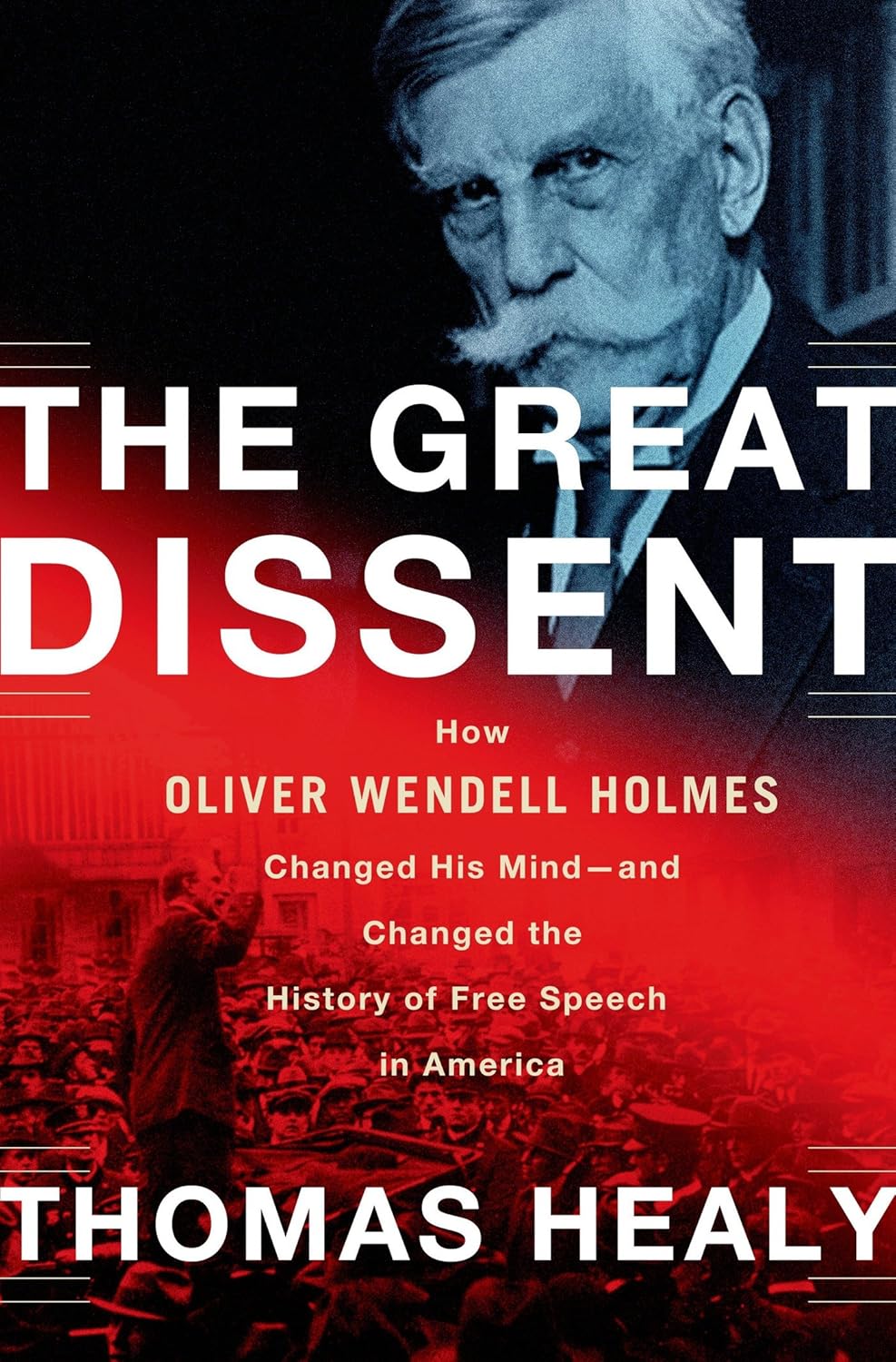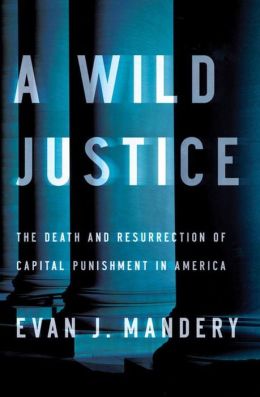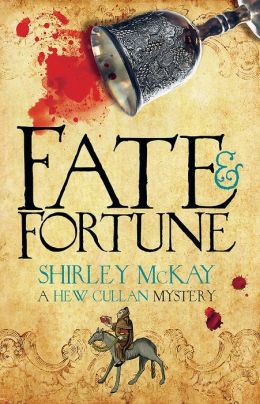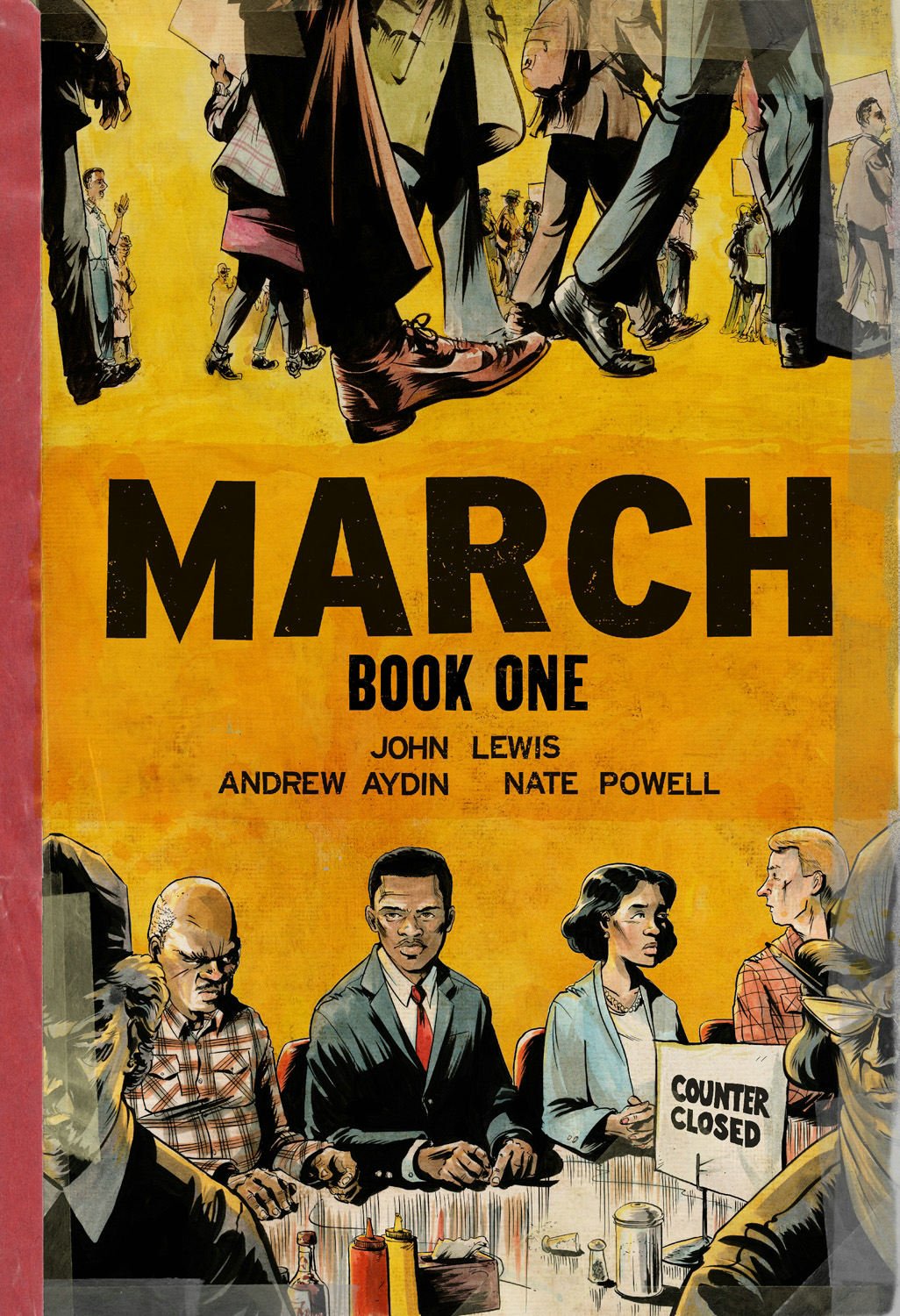I'm pleased to share the schedule for this year's Harvard Legal History Workshop. The lineup is as follows.
Sept 18: Daniel Ernst, Professor of Law, Georgetown University, “Chief Justice Hughes and Administrative Law, 1930-1941”
Comment: Mark Tushnet, William Nelson Cromwell Professor of Law, Harvard Law School
Sept 25: Karen Tani, Assistant Professor of Law, University of California, Berkeley Law, “The ‘Indian Problem’: Welfare, Rights, and Citizenship in the Wake of the New Deal”
Comment: Lucie White, Louis A. Horvitz Professor of Law, Harvard Law School
Oct. 9 Risa Goluboff, John Allan Love Professor of Law and Professor of History, University of Virginia, “People out of Place: The Sixties, the Supreme Court, and Vagrancy Law”
Comment: Lisa McGirr, Professor of History, Department of History, Harvard University
Oct 16: Serena Mayeri, Professor of Law and History, University of Pennsylvania, “Status of Marriage: Marital Supremacy Challenged and Remade, 1960-2000”
Comment: Michael Klarman, Kirkland and Ellis Professor of Law, Harvard Law School
Oct 23: Jane de Hart, Professor of History, University of California, Santa Barbara, Department of History, “Ruth Bader Ginsburg: Pursuing Equality”
Comment: Nancy Cott, Jonathan Trumbull Professor of American History, Department of History, Harvard University
Oct 30: Daniel Sharfstein, Professor of Law, Vanderbilt University, “West from Reconstruction: Struggles Over Liberty and Equality, 1865-74”
Feb 26, 2014 Sara Mayeux, HLS Berger-Howe Fellow in Legal History, “The Right to Counsel and the Political Limits of Originalism”
Mar 27, 2014 Hendrik Hartog, Class of 1921 Bicentennial Professor in the History of American Law and Liberty, Professor of History, Princeton University, “Imagining Gibbons v. Ogden without the Commerce Clause: A Sketch”



